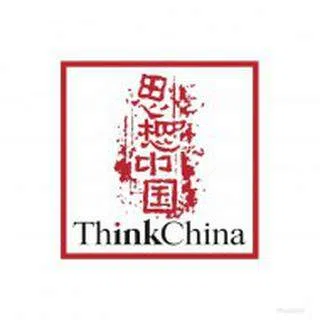Why Taiwan's future is no longer just a dispute of sovereignty
Wei Da explains why issues such as Taiwan's chosen civilisational path, great power competition and geostrategic rivalry are critical in the Taiwan issue. In the end, the question of the superiority and inferiority of civilisational development will determine Taiwan's future.
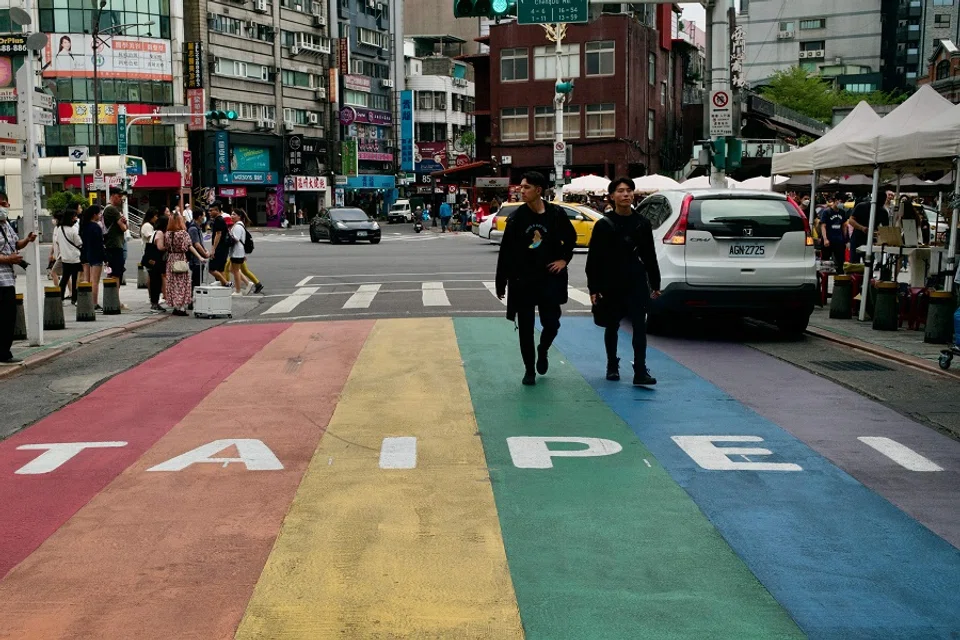
From the end of World War II to the first two decades of this century, the Taiwan issue has always been downplayed or marginalised. But now that the situation in the Taiwan Strait is tense, the Taiwan issue is coming to the fore again in global affairs.
Four main factors account for this: one, the end of reform and opening up in China; two, the falling apart of Hong Kong's "one country, two systems"; three, the Russian invasion of Ukraine; and four, the all-round competition between China and the US.
Some may ask, isn't Taiwan's ruling Democratic Progressive Party (DPP) one of the causes of tension in the Taiwan Strait? I think the revolving doors of political parties does not have a decisive impact on the Taiwan Strait. Besides, the DPP's two terms has shown that while its politics has a rather strong localist flavour, it has not adopted an overly radical or reckless policy approach to achieving independence.
Taiwan's safe haven ripped apart
The key reasons why a small island like Taiwan attracts such attention are still its chosen civilisational path, great power competition and geostrategic rivalry.
The discourse on Taiwan is now firmly divided into two camps: that which stresses reunification and internal affairs, and the other which focuses on democracy, freedom and regional security.
Even within the first camp, there are differences between the mainland and Taiwanese proponents of the "reunification camp"; the mainland side sees the sovereignty of the People's Republic of China as its starting point while the Taiwan side sees the jurisprudence of the Republic of China as its first principle.
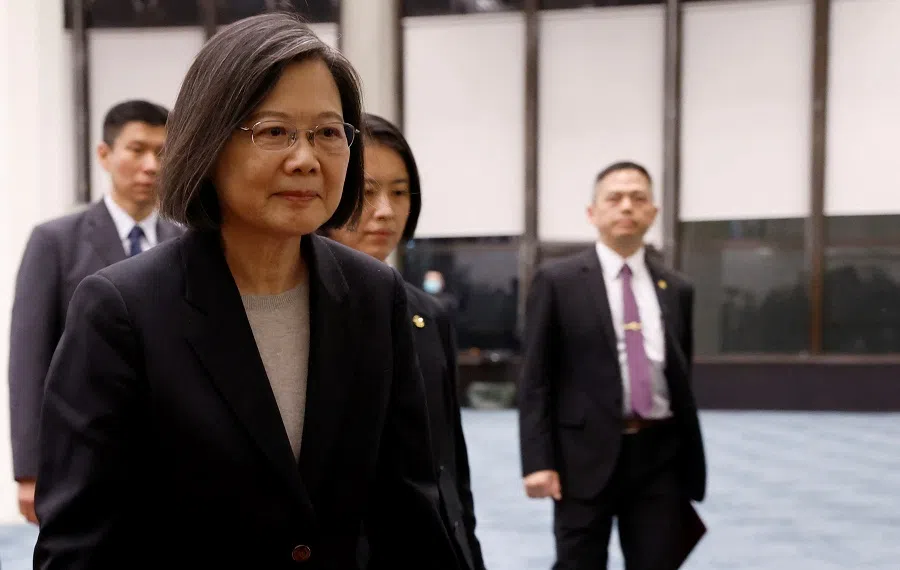
The ruling DPP has now abandoned the entanglements of the first discourse and turned to focus on security in the Taiwan Strait and Taiwanese values. But some people from the "third party" in Taiwan are still quite naive, albeit understandably so, demanding peace and rejecting war, and only hoping that the Taiwanese people will be able to live peaceful lives.
But the overall landscape has completely changed. China now talks politics, the US focuses on competition, Japan hopes to democratise the Indo-Pacific, while Russia wants to expand its territory by force.
The Kuomintang (KMT) also advocates "staying close to America, being on friendly terms with Japan, and being on good terms with the mainland". This peaceful and harmonious policy approach is possible if all parties are focused on economic development and globalisation as harmony breeds wealth. During former Taiwan President Ma Ying-jeou's eight years in office, Taiwan was basically in this state and had once achieved this goal.
But the overall landscape has completely changed. China now talks politics, the US focuses on competition, Japan hopes to democratise the Indo-Pacific, while Russia wants to expand its territory by force. Talking about politics requires an enemy, while talking about competition requires a competitor. To speak about democracy is to ostracise non-democracy, while expansion by force implies war and violence. Such drastic changes in great power relations have essentially ripped apart the safe haven of peace and harmony that Taiwan once had.
Balance and counterforces
From this perspective, it seems that the situation in the Taiwan Strait has become more dangerous. But upon deeper analysis, this may not be the case. It all depends on whether the opposition and balance of power in the Taiwan issue are working effectively.
This is clearly different from Ukraine's situation: before Russia launched an invasion of Ukraine last February, Ukraine was not at the forefront of the confrontation between NATO and the EU on one side and Russia on the other, but was more like a grey area. And it was exactly because of this grey area that Russian President Vladimir Putin and Russia severely misjudged the situation and were led to believe that Ukraine would crumble easily and that the EU and NATO would merely look on, protest a little and impose limited sanctions.
... a clear-cut lineup and dynamic balance of power equations have formed in the Taiwan Strait. From this perspective, Taiwan is now safer than ever before.
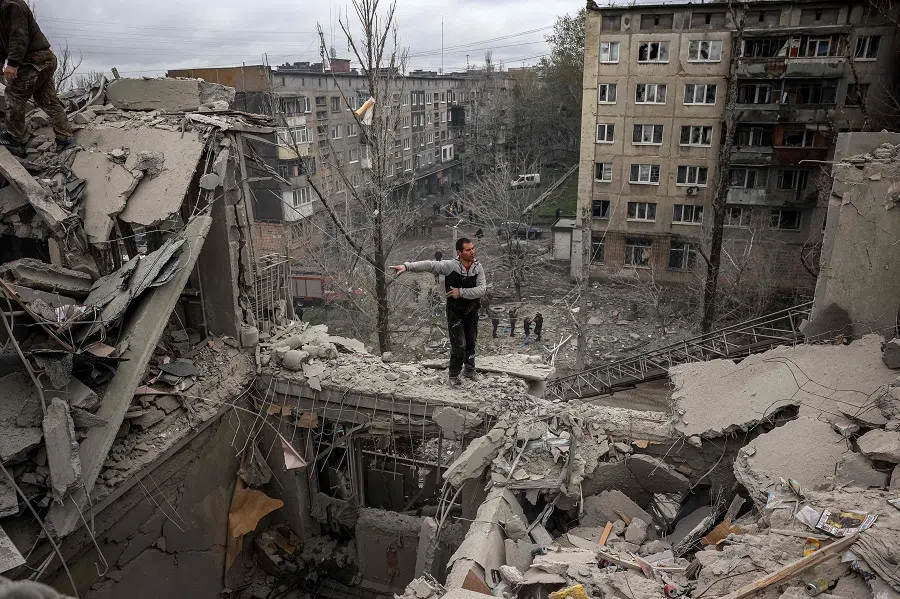
In the event, the Ukrainian military and people largely depended on themselves and fought the war with heroic resistance, crushing Putin and Russia's strategic attempts and winning the full support and sympathy of the EU, NATO and mainstream public opinion.
Taiwan's situation, on the other hand, is completely different. The governance of Taiwan society has never been subordinate to the current regime of the mainland, and the US has repeatedly and publicly declared that US troops would defend Taiwan in the event of a Chinese invasion, while Japan has also asserted that a "Taiwan emergency is a Japanese emergency". In this sense, a clear-cut lineup and dynamic balance of power equations have formed in the Taiwan Strait. From this perspective, Taiwan is now safer than ever before.
Still, many people remain uneasy, because there are currently three possible scenarios for the Taiwan Strait: war, peace, or neither but with constant tensions and frictions that seem like war is imminent. The last scenario actually reflects the current situation where a hot war is not yet imminent because there is power opposition and balance, but peace is definitely out of reach because the values and sociopolitics of both sides do not mesh. Tension, confrontation, and standoffs will be the norm in the Taiwan Strait for a while, which makes the situation there a tricky case in regional security.
China all to lose from precarious situation in Taiwan Strait
Who is more troubled and impacted by this tricky situation? Unlike the situation on the Korean peninsula, everyone knows that Taiwan is unlikely to launch a military attack on mainland China, so Taiwan will win a lot of sympathy and support for standing up against a much larger foe.
... it will continue to lose mutual trust, interaction, and trade integration with modern capital, markets, and technological developments.
On the other hand, mainland China is in the exact opposite situation. Once a conflict erupts in the Taiwan Strait, it will face anything from international sanctions to full-scale war with the US-led West. Continued tensions in the Taiwan Strait will also make it difficult for mainland China to sustain its external economic model, as it will continue to lose mutual trust, interaction, and trade integration with modern capital, markets, and technological developments.
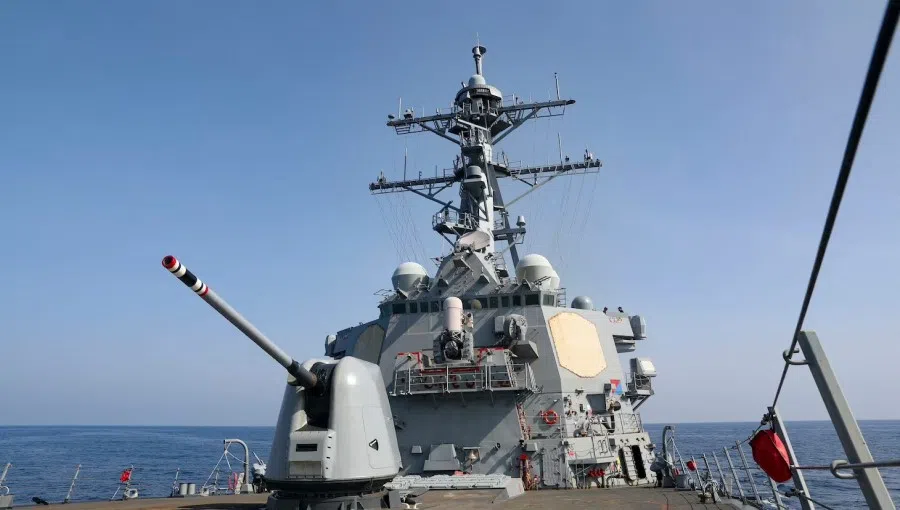
Some people say that they are not afraid of war with the West and can rely on the domestic circulation of the economy. However, under current circumstances, there is little potential for developing so-called internal circulation, because China does not yet have a mature, developed, orderly domestic market environment and growth.
And why does China's economic development rely mainly on external economics? Because then at least half of the market (mainly the US, EU, Japan, and other markets) are mature, developed, and regulated modern economies, where the real money is.
In terms of building up and demonstrating nationalism in China, this usually happens in three main ways: realistic military threats targeting Taiwan and the Taiwan Strait; historical issues and resentments, mainly against Japan; and ideological and sociocultural opposition, primarily against the US.
In the third case, the fierce rivalry is characterised by the fact that whenever the US and Taiwan take political or cooperative action, mainland China will inevitably respond with a military or political/economic action. This targeted and intensifying tit for tat continues to expand.
The US's changed attitude will impact 2024 Taiwan elections
The difficult situation in the Taiwan Strait has become increasingly serious, partly due to a subtle but important adjustment in the US policy towards Taiwan. Previously, the US was content with and did not object to peaceful reunification, on condition there was no use of force. However, after learning a deep lesson from how "one country, two systems" essentially died in Hong Kong, the US has become sceptical and opposed to the so-called "peaceful reunification" of Taiwan and mainland China.
... the 2024 Taiwan presidential election is quickly becoming a "great power proxy" election.

Hong Kong was returned peacefully to China, and everyone had great expectations for Hong Kong's continued bright prospects. However, it has been proven that the peaceful transition at the time has been no match for the current setbacks and steps backwards.
The US firmly believes the same mistakes must be avoided with Taiwan, and this subtle but important change in US policy towards Taiwan will have a significant impact on the Taiwan presidential election in 2024.
In this sense, the 2024 Taiwan presidential election is quickly becoming a "great power proxy" election. Public opinion within Taiwan is important, but great power competition will also be a crucial factor.
The US is expected to support the DPP and its presidential candidate, while mainland China will support the KMT's return to power, and Taiwanese voters will face a clear-cut election. Some third parties may try to take a middle-of-the-road approach, but the harsh reality is that there is no middle ground left in Taiwan's future choices.
It is predicted that the most important dividing factors in the 2024 Taiwan presidential election are "Republic of China" and "democratic freedom". On the other hand, huge differences exist in the perceptions and implementation of mainland China policies, as the key issue in the cross-strait dispute has shifted from "reunification" versus "independence" to "reunification" versus "separate governance".
Taiwan's future is no longer just a simple dispute of sovereignty, but a question of the superiority and inferiority of civilisational development...
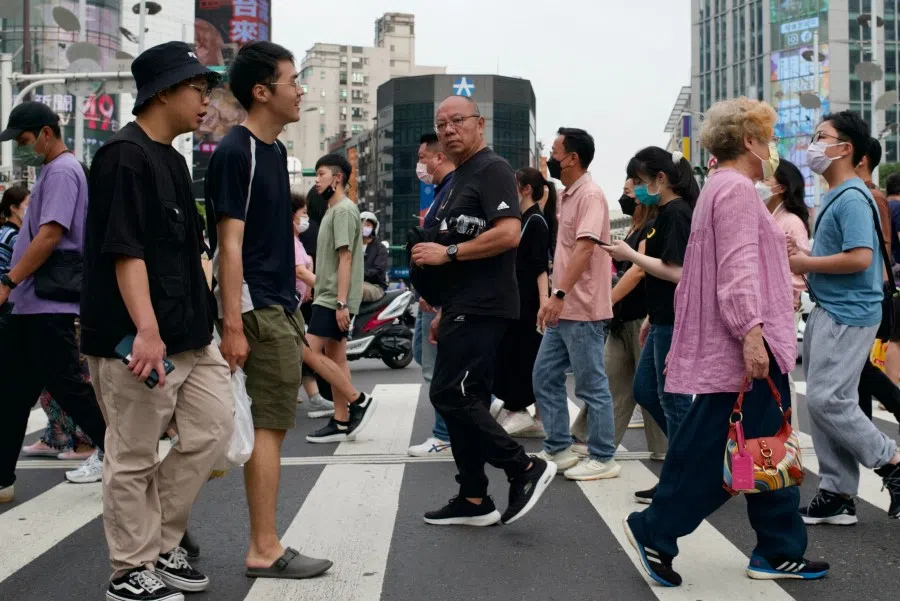
In the long run, when it comes to Taiwan, the only feasible solution to end separate governance and achieve reunification is to first modernise one's own civilisation and then achieve unity across the Taiwan Strait through the progressiveness and sustainable growth of modern civilisation; everything else will meet with resistance and setbacks, and will not work.
Taiwan's future is no longer just a simple dispute of sovereignty, but a question of the superiority and inferiority of civilisational development, which is linked to the fate of future generations of the Chinese people and would affect the future direction and prospects of world civilisations.
This article was first published in Lianhe Zaobao as "谁的"台湾困境"?".
